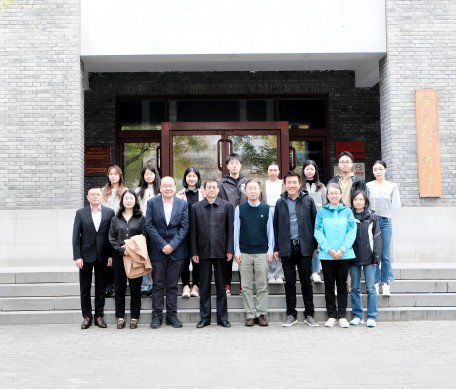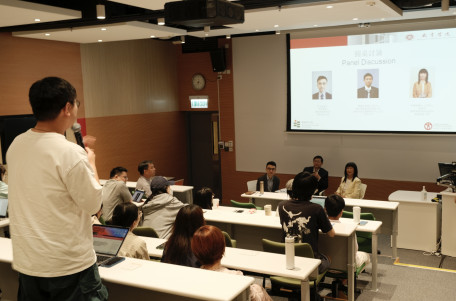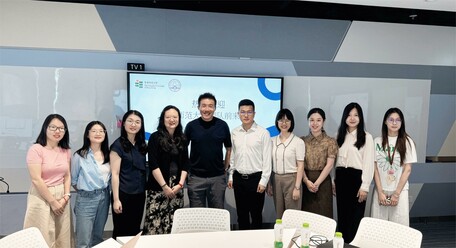Educational Technology
New education technologies for a new world
A partnership between EdUHK and the Graduate School of Education at Peking University, this project focuses on: (1) technology-enabled personalised learning and inclusive future learning environments, (2) technology-enabled professional development of the education workforce at scale, and (3) curriculum reforms due to digital transformation and the changing demands of the future workforce. It will deliver - on the foundation of primary and secondary research studies - landscape reviews, policy briefs, white papers, guidebooks and a research agenda, to examine and showcase ways to harness emerging technologies to enhance education equity, quality and efficiency in China.
Sustainable Development Goals
In 2015, UN member states agreed to 17 global Sustainable Development Goals (SDGs) to end poverty, protect the planet and ensure prosperity for all. The research team contributes towards the following SDG(s):
To improve equity, quality, and efficiency in education, stakeholders must address several key challenges. First, how can personalized and self-regulated learning by students be supported to maximise their whole-person development? Second, how can educational resources be used to foster quality, equitable, and innovative teaching and learning? Third, how can the capacity of the education workforce be scaled up to promote student whole-person development? Fourth, how can the education workforce integrate new knowledge and technologies to develop curricula that manage personalized learning and meet future workforce requirements.
This project aims to expand the University’s partnerships and collaborations with leading universities and scholars worldwide, reinforcing its goal of hosting premier research and development centres in education to serve both local and international communities. It will also serve as a platform for academic exchange and promote collaboration with teams from universities in Mainland China, Macau, and Hong Kong on technology-enabled educational proposals to secure external funding at national, provincial, or university levels.
Key deliverables include (1) developing a National Research Agenda for Emerging Technologies in Education in China to guide institutions and researchers; (2) creating a Policy Brief or White Paper for policymakers to align education policies with quality, equity, and efficiency; (3) conducting landscape/systematic reviews and quasi-experimental research to provide evidence-based insights; (4) submitting proposals to secure continued research funding; and (5) publishing special issues in high-impact journals to document and disseminate findings. These efforts aim to support education stakeholders in adopting and localizing emerging technologies.
Selected Research Grants
| Project | Awarded Amount |
|---|---|
International Collaborative Research Scheme of Dean’s Research Fund (2023-24): Developing an AI-Driven Tutoring System to Scaffold the Mathematical Word Problem-Solving Skills of Low-Motivation Students | HK$199,960 |
Teaching Development Grant (2024-25): Promoting Online Teaching with GenAI-driven Automatic Generation of Instructional Videos and Learning Tasks | HK$400,000 |
Start-up Grant (2023-24): Developing an Online Learning Environment for Teacher Technology Education | HK$150,000 |
Teaching Development Grant (2024-25): Breaking Barriers of Traditional Teacher Education: Exploring the Potential of Virtual Reality (VR) in Preparing Teachers for Real-World Inclusive Classroom Challenges | HK$400,000 |
General Research Fund (GRF) (Jan. 2025–Dec. 2026): Effect of Informal Digital Learning of English (IDLE) on Speaking Proficiency, via Anxiety, Enjoyment, and Willingness to Communicate | HK$ 601,250 (US$ 77,000) |
Selected Publications
|
|
|
|
|
|








